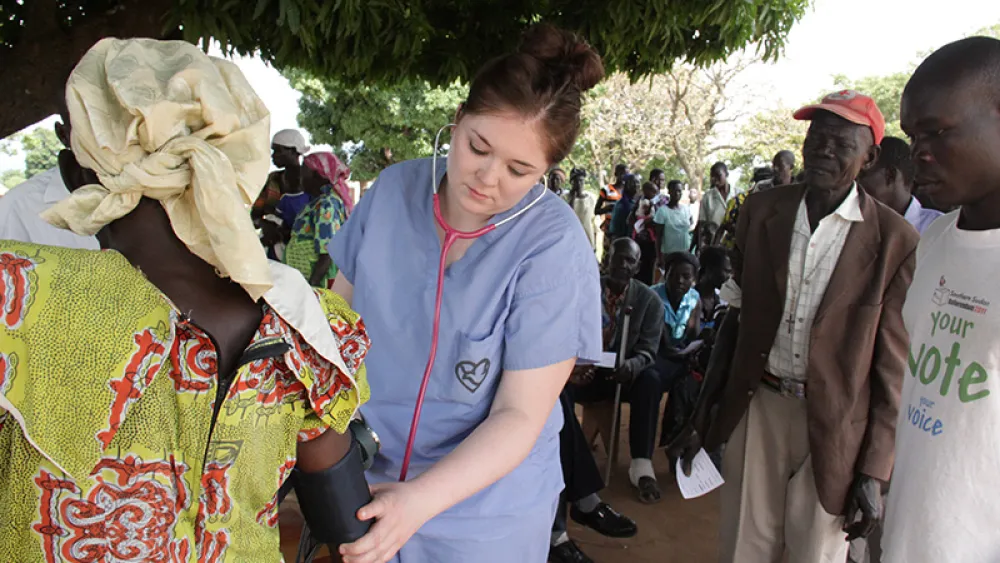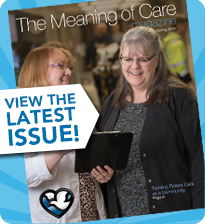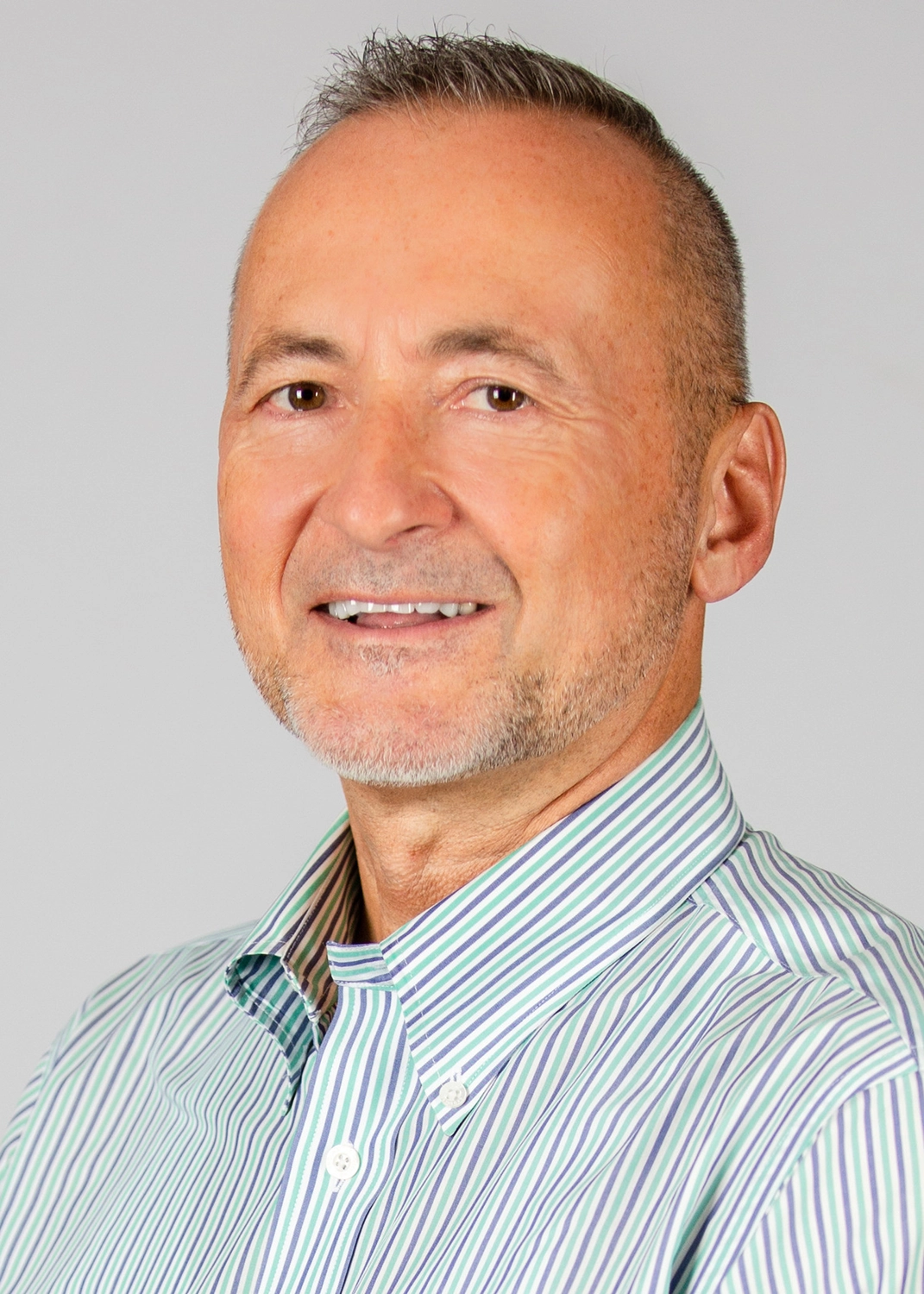Today's Medicine
World Health Day is about All of Us


April 7 is for everyone
No one should have to choose between good health and the other necessities of life. The focus of the World Health Organization’s World Health Day is to remind all of us work to bridge the gap to ensure that all people have access to quality health services, where and when they need them.
Here, there, everywhere
 While some countries have already made significant progress towards universal health coverage, half the world’s population is still unable to obtain the health services they need.
While some countries have already made significant progress towards universal health coverage, half the world’s population is still unable to obtain the health services they need.
According to the WHO:
- At least half of the world’s people are currently unable to obtain essential health services.
- Almost 100 million people are being pushed into extreme poverty, forced to survive on $1.90 or less a day, because they have to pay for health services.
- More than 800 million people (almost 12 percent of the world’s population) spend at least 10 percent of their household budgets on health expenses for themselves, a sick child or other family member. They incur so-called “catastrophic expenditures.”
- Incurring catastrophic expenses for health care is a global problem. In richer countries in Europe, Latin America and parts of Asia, which have achieved high levels of access to health services, increasing numbers of people are spending at least 10 percent of their household budgets on out-of-pocket health expenses.
It’s all about access
Some confuse universal health care with the idea that all should receive free health coverage. That’s simply not realistic or sustainable. Instead, it’s about giving everyone access to the services that address the most important causes of disease and death. It also ensures that the quality of those services is good enough to improve the health of the people who receive them.
 Here in our community, it’s why Methodist Jennie Edmundson Hospital partnered with community agencies to form the Caring for Our Communities Partnership Program. Its goal is to keep patients healthy in their own homes by connecting them with services available in their community. It’s also the driving force behind the Methodist Community Health Clinic, providing quality health care to those in need, and programs such as the Mobile Diabetes Center and lead testing for Omaha children through Nebraska Methodist College. We are committed to keeping the people of our community healthy and safe.
Here in our community, it’s why Methodist Jennie Edmundson Hospital partnered with community agencies to form the Caring for Our Communities Partnership Program. Its goal is to keep patients healthy in their own homes by connecting them with services available in their community. It’s also the driving force behind the Methodist Community Health Clinic, providing quality health care to those in need, and programs such as the Mobile Diabetes Center and lead testing for Omaha children through Nebraska Methodist College. We are committed to keeping the people of our community healthy and safe.
Methodist providers have also shared their expertise with the rest of the world. Thanks to the efforts of Dr. Joseph Dumba at Methodist Physicians Clinic Indian Hills and a team of giving health care professionals, Methodist staff members have provided The Meaning of Care in South Sudan.
Why does matter to me?
Access to quality health care and protection from financial burden not only enhances an individual’s health and life expectancy, it also protects entire countries from epidemics, reduces poverty and the risk of hunger, creates jobs, drives economic growth and enhances gender equality.
Essentially, the greater our public health, the better off each individual – you and I – will be.
Learn more about World Health Day by visiting the World Health Organization online.
Related Stories
- Care for the Community
- Together - Working on Patient Care with the Community
- 7 People Share Powerful Reasons Why Community Health Matters
- Diabetes Screening Brought Right to the Neighborhood


